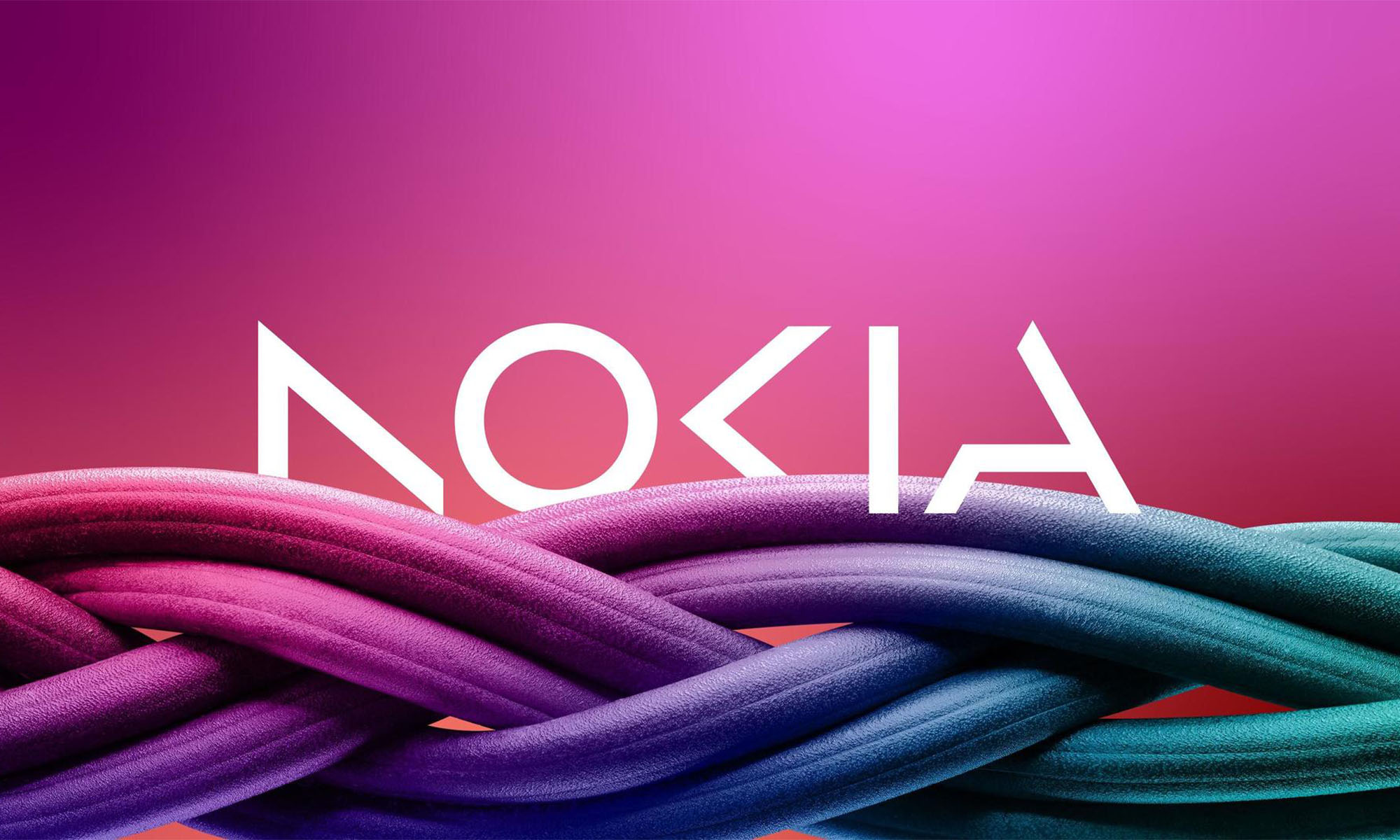News
Nokia Has Just Revealed Its New Logo
“In most people’s minds, we are still a successful mobile phone brand, but this is not what Nokia is about.”

It’s hard to believe that Nokia — the famous Finnish phone manufacturer — has been in the electronics industry since the early 1960s. Even more Amazingly, the company has managed to cling to its iconic logo for over four decades.
Now, for the first time in nearly 45 years, the once mighty smartphone corporation will change its branding. Last Sunday, before the Mobile World Congress Barcelona opening day, the company revealed a new corporate identity. Out goes the iconic blue typeface, and in its place, a sleek, modern replacement.
“We are updating our strategy, and, as a key enabler, we are also refreshing our brand to reflect who we are today: a business-to-business technology innovation leader pioneering the future where networks meet cloud […] In most people’s minds, we are still a successful mobile phone brand, but this is not what Nokia is about,” says Pekka Lundmark, Nokia CEO.
Also Read: Apple Close To Adding Diabetic Glucose-Tracking To Watches
The company’s phones haven’t been made by the “real Nokia” since Microsoft’s massive $7 billion takeover back in 2014. After the tech giant parted company with Nokia in 2016, former Nokia executives acquired the rights to use the brand for smartphones and tablets. There’s no word yet as to whether future phones will continue to sport the classic logo or not, but many nostalgic tech enthusiasts would surely be disappointed to see the blue font disappear.
News
Mamo Completes $3.4M Funding Round To Enhance Fintech Services
The startup will use the influx of cash to expand into Saudi Arabia and across the wider GCC while improving its product offering.

UAE-based fintech Mamo has announced the completion of a $3.4 million funding round that will help the startup extend its market presence and improve its product offering. Investors included 4DX Ventures, the Dubai Future District Fund and Cyfr Capital.
Mamo’s platform offers “payment collection, corporate cards and expense management” to help small and medium-sized businesses consolidate and streamline their operations. With the latest influx of capital, Mamo will further develop its comprehensive suite of services and begin testing its product lines in Saudi Arabia, further extending its footprint across the GCC.
Imad Gharazeddine, co-founder and CEO of Mamo, stated: “We’ve been in the market for a while now and are incredibly proud of what our team has achieved. The holistic and expansive nature of our product offering has helped us continue to grow sustainably. This additional funding will allow us to reach our medium-term goals even faster. The support from new and existing investors is a testament to our strong expertise and the ability to deliver on our customer promise”.
Daniel Marlo, General Partner of lead investor 4DX Ventures, added: “We have immense trust in Imad’s vision, leadership and Mamo’s innovative approach to provide a user-friendly and comprehensive financial solution for SMEs that makes financial management more accessible and efficient. We are proud to partner with them and support their mission”.
Also Read: A Guide To Digital Payment Methods In The Middle East
Amer Fatayer, Managing Director of Dubai Future District Fund’s investment team, also commented: “Mamo’s localized product lines serve as an infrastructure for SME payments and spend management in UAE, a segment that is underserved by the country’s current banking infrastructure. The team has taken a product-first approach to consolidating SMEs’ financial journeys and building a fintech solution deeply embedded in a business’s core operations”.
To date, Mamo has raised around $13 million in investment funding and now boasts a team of 30 people. The company’s intuitive financial services platform has allowed over 1,000 businesses to consolidate their financial operations and significantly reduce payment fees.
-

 News4 weeks ago
News4 weeks agoAmazon Prime Day 2024: Get Ready For 6 Days Of Amazing Deals
-

 News4 weeks ago
News4 weeks agoSamsung Unpacked 2024: What To Expect From The July 10 Event
-

 News4 weeks ago
News4 weeks agoCoursera Report Shows Surge In UAE Interest In AI Upskilling
-

 News4 weeks ago
News4 weeks agoMeet Dubai’s Groundbreaking Smart Robot Delivery Assistant












